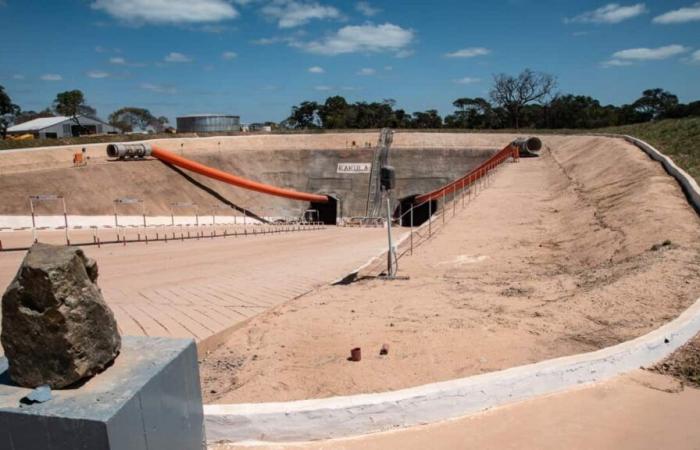The complaints, which target Apple subsidiaries in France and Belgium, follow years of conflict in eastern Congo, where armed groups exploit mining resources while carrying out serious crimes, such as massacres, rapes and looting.
Congo, which is one of the world’s main suppliers of 3T minerals (tin, tantalum, tungsten), used in the manufacture of mobile phones and computers, has seen its resources plundered by armed groups.
These minerals are often extracted under violent and illegal conditions. The NGO Human Rights Watch and the United Nations have documented links between armed groups and mining in these war zones.
Apple accused of complicity in violence
“Congo is a key supplier of these minerals, but some artisanal mines are controlled by armed groups responsible for atrocious crimes against the civilian population,” explained Christophe Marchand, lawyer representing the Congolese government.
Apple, for its part, denies sourcing primary minerals directly and claims to audit its suppliers to guarantee the traceability of the materials used. In its 2023 Conflict Minerals Report to the U.S. Securities and Exchange Commission (SEC), Apple asserted that its 3T minerals and gold suppliers do not finance or benefit from armed groups in Congo or the neighboring countries.
However, lawyers representing Congo say Apple uses looted and laundered minerals through international supply chains, making the company indirectly complicit in ongoing crimes in the region.
“Apple uses these laundered minerals, and thus participates in the violence taking place in Congo. We accuse it of complicity,” added Robert Amsterdam, lawyer representing the Democratic Republic of Congo.
Complaints filed in France and Belgium
The complaints were filed with the Paris prosecutor and a Belgian investigating judge. They accuse local Apple subsidiaries, including Apple France and Apple Retail Belgium, of covering up war crimes, laundering stolen minerals and engaging in deceptive business practices by assuring their consumers that their supply chains are free of minerals from conflict zones.
“It is clear that Apple and its subsidiaries know that their supply chain relies on systematic criminal practices,” indicates the complaint filed in France.
Belgium has a particular moral responsibility in this affair, given its colonial past in Congo under the reign of Leopold II, according to Congolese lawyers. They believe that it is up to Belgium to support Congo’s efforts to put an end to the pillaging of its resources through legal means.
“Belgium has a moral duty, because the exploitation of Congo’s resources began during the colonial period,” underlined Christophe Marchand.
The role of supply chains and certification
The complaints filed by Congo are the first criminal action by the Congolese state against a major technology company for its involvement in illegal resource exploitation. France and Belgium were chosen because of their commitment to corporate responsibility.
Congo argues that companies like Apple use programs like ITSCI (a certification system funded by the metals industry) to give themselves a false image of accountability. Lawyers say the program is unreliable and has been discredited by expert reports.
“ITSCI is a broken program, and Apple continues to use it to create the illusion that its supply chain is clean,” commented Robert Amsterdam.
On March 19, 2024, a US federal court rejected a similar attempted lawsuit against Apple, Google, Tesla, Dell and Microsoft, over their reliance on child labor in cobalt mines in the Democratic Republic of Congo.
This new complaint raises important questions about the responsibility of large technology companies in indirectly financing conflicts through their supply chains and the exploitation of natural resources in countries at war.
French and Belgian judicial authorities will decide whether to continue investigations and bring criminal charges against Apple.
“Competition for minerals in eastern Congo is one of the main drivers of the conflict, as armed groups finance themselves with profits from minerals,” United Nations experts said.
Congo-Kinshasa hopes that these complaints will help put an end to the exploitation of the country’s resources by armed groups and commit global companies to greater transparency and accountability in their business practices.






